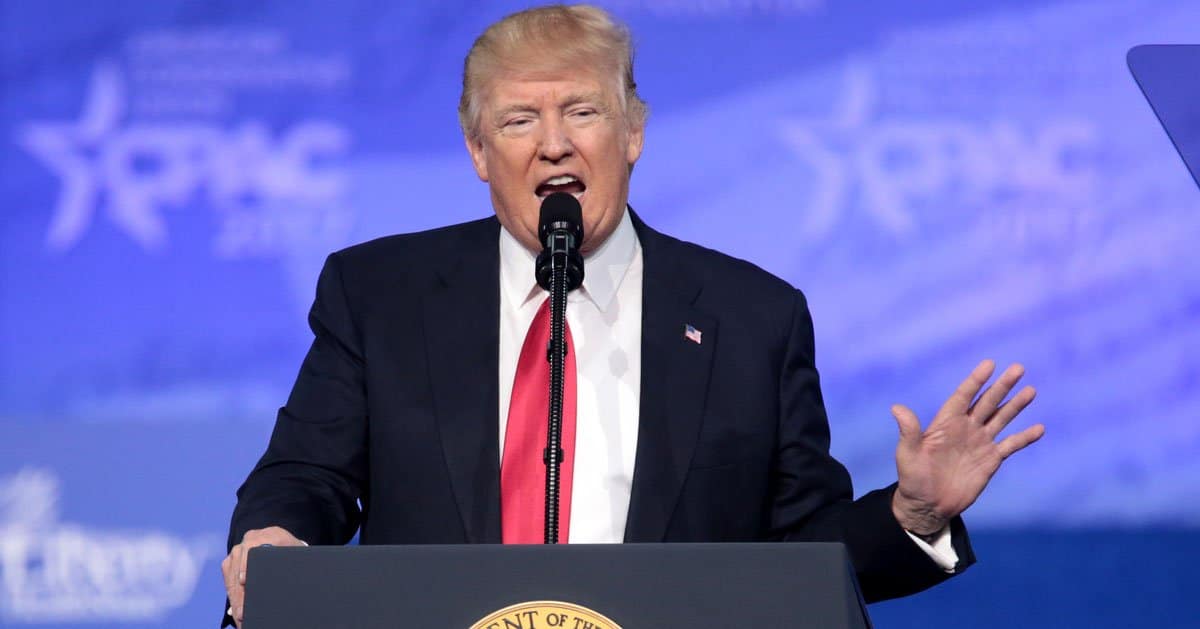








A federal judge has denied a request by Russell Taylor, a defendant in the Jan. 6 Capitol riot case, to attend the inauguration of President-elect Donald Trump.
NBC News reported that the denial was based on the alleged gravity of Taylor's actions during the riots, despite his cooperation with law enforcement.
Russell Taylor, implicated in the Capitol riots of January 6, 2021, had sought permission to attend the upcoming inauguration of President-elect Trump.
Taylor was accused of organizing a group that traveled to Washington, D.C., with the aim of disrupting the official proceedings. He later admitted guilt to charges that included obstructing an official proceeding.
That charge of obstructing an official proceeding may ultimately be overturned as a result of a Supreme Court decision invalidating those charges.
In 2023, Taylor took a significant step by pleading guilty to charges linked to the riots. His cooperation with government authorities included providing testimony against the militia group known as the Three Percenters.
This cooperation, however, did not sway U.S. District Judge Royce Lamberth, who emphasized the severe nature of Taylor's conduct during the riots as reason enough to decline his request.
Taylor was not simply a participant in the January 6 events but had a more active role in planning and organizing others to take part. This involvement and the actions that followed on that day carried severe consequences for him.
Judge Lamberth highlighted the inappropriateness of granting Taylor permission to attend the important national event.
He stated that the historical and peaceful nature of presidential inaugurations stood in stark contrast to Taylor's past actions, which were aimed at thwarting such processes.
This request to travel to attend the inauguration received opposition from the U.S. attorney's office in Washington, D.C., which filed a motion against it in December. The motion underlined the seriousness of Taylor's past actions against the backdrop of the upcoming event.
Taylor's aspiration to attend was bolstered by an invitation from former Rep. Chris Stewart and three current congressional delegates from Utah. They viewed the event as an opportunity for Taylor, whose actions on January 6 have been criticized but whose compliance with court orders since then has been noted.
Taylor’s attorney, Dyke E. Huish, officially submitted the travel request on December 11, citing Taylor's adherence to court mandates. Huish presented Taylor's record of compliance during his probation and home confinement as indicative of his commitment to rehabilitation.
Judge Lamberth was firm in his conviction that Taylor's previous choices did not merit the exception he sought, irrespective of his compliance in recent months. Lamberth expressed that Taylor's behavior on January 6 still held significant weight against his request.
Despite the rejection, Taylor maintained respect for the judicial process and Judge Lamberth’s ruling. According to Huish, while Taylor did not hide his disappointment, he understood the court's rationale.
Huish, speaking on behalf of Taylor, discussed his admiration for President-elect Trump and his initial hopes to attend the inauguration. However, the ruling underscored that past transgressions left a strong imprint, overpowering arguments for leniency based on recent good conduct.
Former Rep. Chris Stewart spoke positively of Taylor, describing him as an admired figure within his community.
Stewart pointed to Taylor's intentions to contribute positively and lift others as part of his character.
Russell Taylor wasn't alone in seeking permission to travel for the inauguration. Other defendants involved in the January 6 events, such as Christopher Belliveau and Eric Peterson, made similar requests, albeit with varying outcomes.
Judge Lamberth reinforced that despite Taylor's cooperation, and his good conduct on probation, the gravity of his January 6 actions, to which he had admitted, were undeniable.



